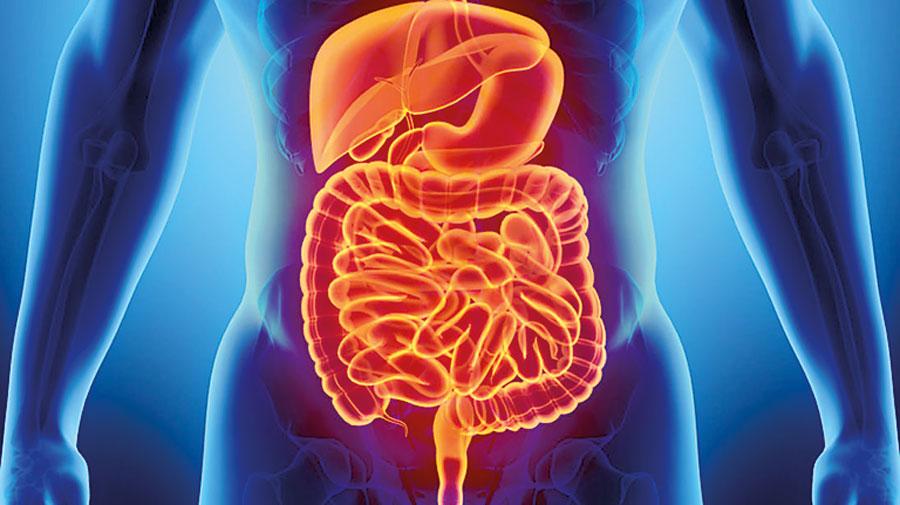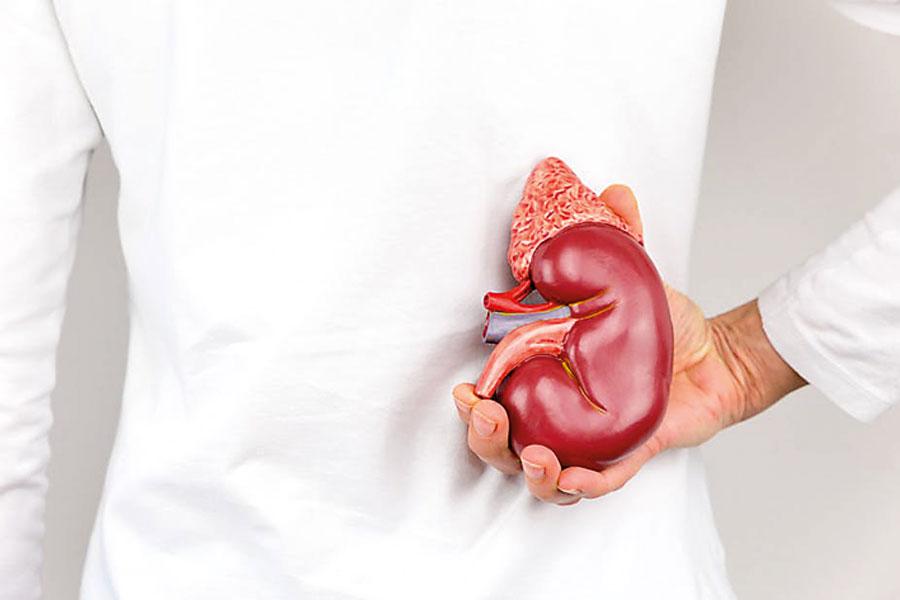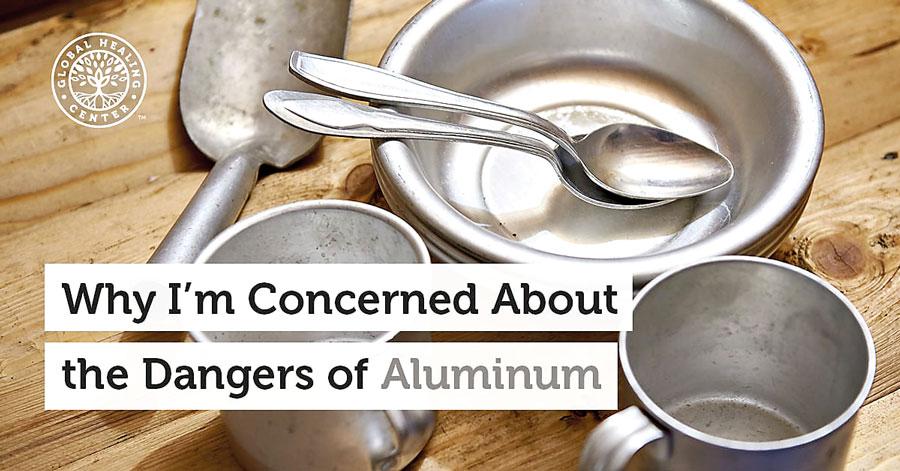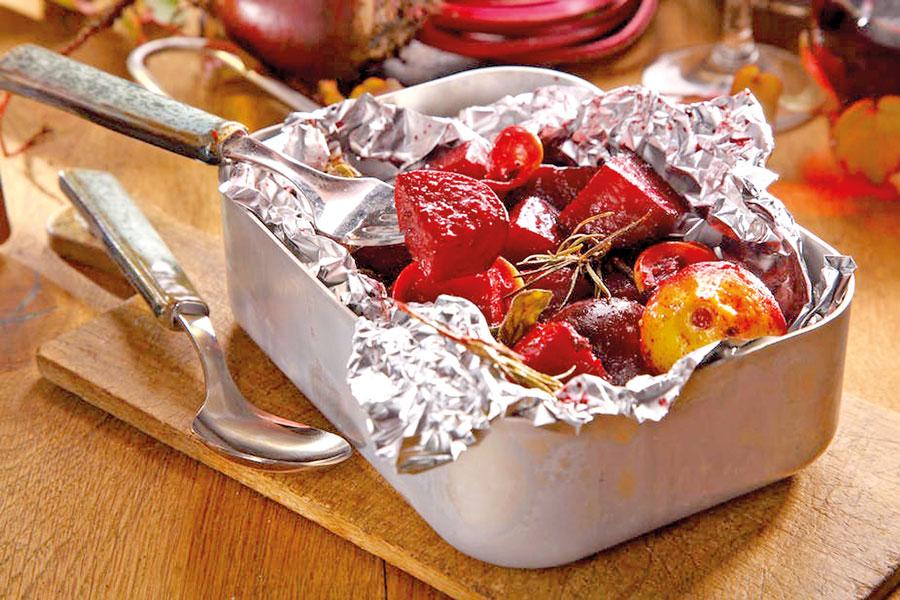10 May 2019 - {{hitsCtrl.values.hits}}

 The cooking pattern has changed with time. We see changes in cooking utensils and energy sources when comparisons are made with the past. With this competitive and busy life style people live they prefer to use processed foods or fast food in order to save up on time and use it for other important tasks. However, some of them are aware of the possible health hazards associated with such practices and consuming junk food in the long run. Therefore, most of them prefer to adopt quick and easy cooking patterns to overcome those health hazards and also to prepare a nutritious home-made meal. Unfortunately most people are not aware of the health issues that originate with modern quick and easy cooking patterns. Hence, I hope to write this article to make the society aware of toxicities associate with some of the modern cooking methods used by our society.
The cooking pattern has changed with time. We see changes in cooking utensils and energy sources when comparisons are made with the past. With this competitive and busy life style people live they prefer to use processed foods or fast food in order to save up on time and use it for other important tasks. However, some of them are aware of the possible health hazards associated with such practices and consuming junk food in the long run. Therefore, most of them prefer to adopt quick and easy cooking patterns to overcome those health hazards and also to prepare a nutritious home-made meal. Unfortunately most people are not aware of the health issues that originate with modern quick and easy cooking patterns. Hence, I hope to write this article to make the society aware of toxicities associate with some of the modern cooking methods used by our society.
Nowadays, it is a common practice to wrap meat, fish and other food items in aluminium foil prior to baking and grilling since it protects the moisture in foods during cooking. Meanwhile, the majority of the people in South Asian countrie, including Sri Lanka, use aluminum cooking utensils because its inexpensiveness and also because of heat conductance factor.
The factors that stimulate Aluminum leaching out during food preparation are: Grilling duration, Temperature, Food composition, Food pH value and the Presence of any other substances (such as organic acids and salt).

Research evidence of Al leaching stimulants
Aluminum leaches out from the foil due to different stimulants. One of major stimulants are acidic (pH < 7) and basic (pH > 7) medias while research has proved that leaching out of aluminum is significantly lower in basic media than in acidic media. The main action of aluminum dissolution from aluminum containers is chemical corrosion by acid or base when boiling for a short time, and is electrochemical corrosion preferred by the presence of complexing agents and electrolytes such as NaCl when contacting the aluminum ware at room temperature for a long time. There is a particular finding which indicated that the use of aluminum utensils in the presence of fluoride rich water for cooking leads a higher aluminum migration into rice like foods and which severely threaten the rice consumer. Some studies have found particular pH range (pH<4 or >10) of solutions which can dissolve aluminum readily. Other than that researchers have discovered that souring agents and spices which are used in food for marinating are a major reason for migration of aluminum from Al cookware, eating utensils and storing vessels and have identified that citric acid has a considerable amount of aluminum leaching rate (292.25mg/Kg) in beef meat. Normally, people think only of acidity and alkalinity (basic) and salts as the factors for the increase in aluminum content of foods from use of aluminum utensils. However, a rise in temperature also enhances the rate of aluminum migration. Moreover, according to the findings of studies, consumption of fast foods in aluminum vessels had expanded the aluminum levels.
Furthermore, few researchers presenting results on increase of aluminum concentration in foods when they are baked in aluminum foil and have concluded that higher temperatures and longer contact time to aluminum foil further increase aluminum concentrations.

Metabolism in body
Aluminum ions in our diet are non-bio available from the small intestine since their hydrated charge unable to go through the lipid protein membranes of the duodenal mucosa. Ingested Al is found in blood in form of ligand and subsequently it is conveyed to different organs of the body. As in high concentration Al is toxicant in tissues, bones,lungs and enters to the central nervous system (CNS) by crossing of the Blood BrainBarrier (BBB). Moreover, Aluminum can be transferred through breast milk to a newborn child but at low concentrations.
Health effects
The continuous use of aluminum cookware, eating utensils, and storing vessels in cooking process despite the reason for several diseases and past studies reported that Al and its compounds are well known toxicants while the food cooked, stored and consume using utensils made from aluminum may carry Al compounds to digestive system through ingestion which is then distributed to different parts of the body through blood.

Neurological effects
Aluminum ions highly contribute to the neurological diseases such as Alzheimer disease, Parkinson disease and dialysis dementia (syndrome in chronic renal insufficiency patients), loss of memory, damage to central nervous system, anxious and lethargy which caused due to presence of high Aluminum concentrations in their brain tissues by crossing the blood brain barrier (BBB) and accumulates in brain.

Damage to other organs
Other than in the brain, aluminum is also accumulating in bones and liver, therefore, it’s significantly effected to patients with bone disease or renal dialysis, especially toxic to the elderly people and patients of kidney failure.
Cerebrum (the most anterior part of the brain) and bone disease due to large amounts of aluminum in the body have been detected in kids with kidney illness and in these kids, the bone harm is brought by aluminum in the stomach keeping the absorption of phosphate, which is required for bones.

In conclusion, the increase in cooking temperature and duration, pH value of the food solution, salt, and spices added to the food solutions causes more aluminum leaching. Therefore, aluminum foil and cooking utensils are not suitable for cooking especially with acidic food. It is also possible that excessive consumption of food baked with aluminum foil may carry a serious health risks. Hence, Aluminum pans should not be heated dry since it might cause metal to be leached out and could affect health of person and it is better to use utensils like earthen wares, iron and stainless steel wares. In addition, old aluminum pots had the highest concentration of leaching while new steel pots had the least leaching of aluminum.
(The writer is a medical laboratory technologist at a private hospital and holds a MSc. Degree in Industrial and Environmental Chemistry from the University of Kelaniya and BSc. Food Production and Technology Management degree from the Wayamba University of Sri Lanka)

22 Dec 2024 44 minute ago
22 Dec 2024 2 hours ago
22 Dec 2024 2 hours ago
22 Dec 2024 5 hours ago
22 Dec 2024 5 hours ago